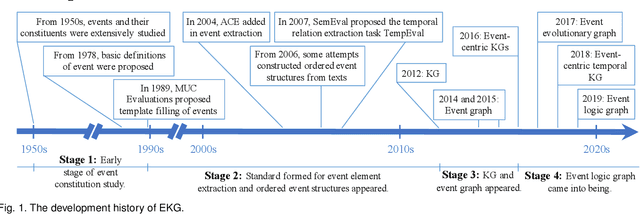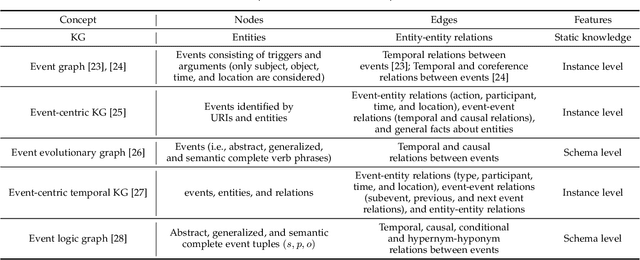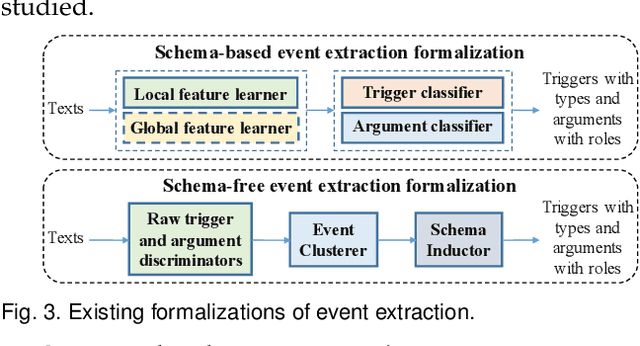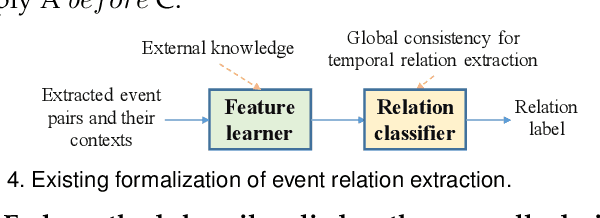Fujun Zhang
RepCali: High Efficient Fine-tuning Via Representation Calibration in Latent Space for Pre-trained Language Models
May 13, 2025Abstract:Fine-tuning pre-trained language models (PLMs) has become a dominant paradigm in applying PLMs to downstream tasks. However, with limited fine-tuning, PLMs still struggle with the discrepancies between the representation obtained from the PLMs' encoder and the optimal input to the PLMs' decoder. This paper tackles this challenge by learning to calibrate the representation of PLMs in the latent space. In the proposed representation calibration method (RepCali), we integrate a specific calibration block to the latent space after the encoder and use the calibrated output as the decoder input. The merits of the proposed RepCali include its universality to all PLMs with encoder-decoder architectures, its plug-and-play nature, and ease of implementation. Extensive experiments on 25 PLM-based models across 8 tasks (including both English and Chinese datasets) demonstrate that the proposed RepCali offers desirable enhancements to PLMs (including LLMs) and significantly improves the performance of downstream tasks. Comparison experiments across 4 benchmark tasks indicate that RepCali is superior to the representative fine-tuning baselines.
What is Event Knowledge Graph: A Survey
Dec 31, 2021



Abstract:Besides entity-centric knowledge, usually organized as Knowledge Graph (KG), events are also an essential kind of knowledge in the world, which trigger the spring up of event-centric knowledge representation form like Event KG (EKG). It plays an increasingly important role in many machine learning and artificial intelligence applications, such as intelligent search, question-answering, recommendation, and text generation. This paper provides a comprehensive survey of EKG from history, ontology, instance, and application views. Specifically, to characterize EKG thoroughly, we focus on its history, definitions, schema induction, acquisition, related representative graphs/systems, and applications. The development processes and trends are studied therein. We further summarize perspective directions to facilitate future research on EKG.
 Add to Chrome
Add to Chrome Add to Firefox
Add to Firefox Add to Edge
Add to Edge